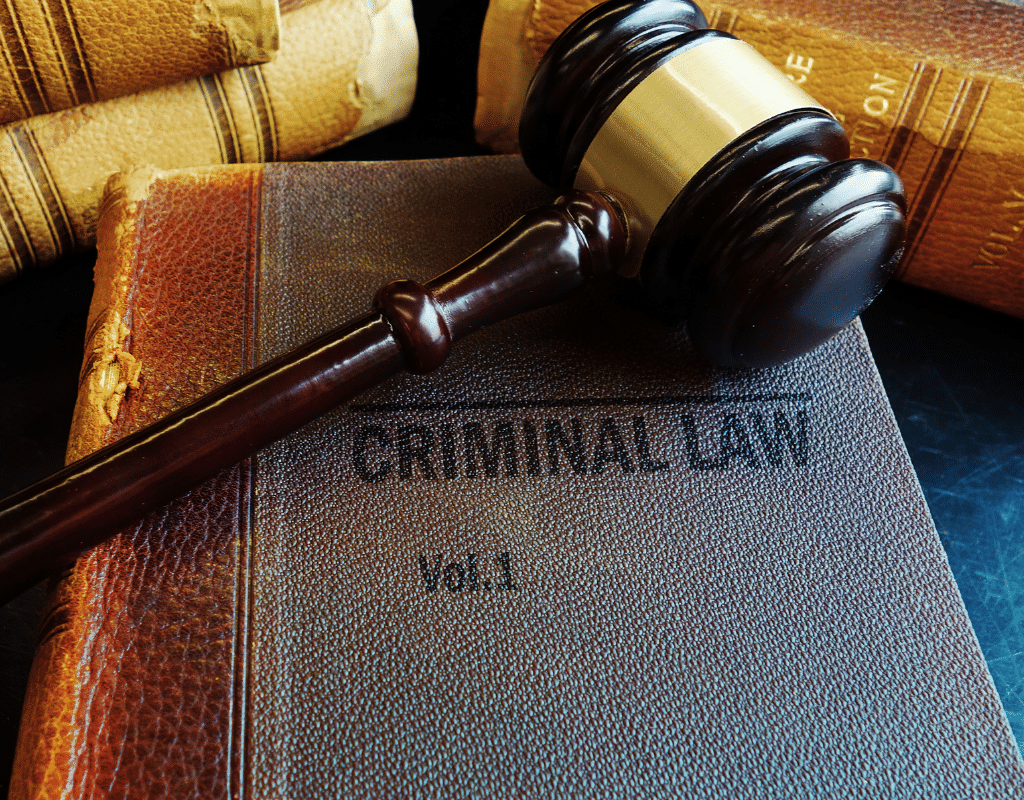If you’ve been charged with a drug crime, you might be feeling scared and confused — justifiably so. In North Carolina, the law (or statute) prohibiting drugs is fairly simple, but penalties for those crimes vary greatly depending on the type of drug, the amount, and the accused’s previous criminal record.
Manufacturing, distribution, and possession of controlled substances are all illegal in North Carolina under one statute.
The North Carolina Controlled Substance Act outlines exactly what is included in manufacturing, distributing, and possessing controlled substances as well as the penalties for the varying degrees of those crimes.
What Are the Different Types of Controlled Substances in North Carolina?
A controlled substance is a drug that has been deemed harmful to a person’s health and welfare. Due to their destructive effects, controlled substances are regulated by the federal government, through The Controlled Substances Act, as well as state governments, through laws like The North Carolina Controlled Substance Act.
Substances are arranged into categories or “schedules” based on their potential for abuse, status in international agreements, and medicinal benefits.
Schedule I – These are unsafe substances with no accepted medicinal benefits and a high potential for abuse. Examples include LSD, ecstasy, and peyote.
Marijuana is considered a Schedule I substance by the federal government. However, the state of North Carolina created schedule VI to classify the plant and substances derived from it in response to newly discovered medical uses.
Schedule II – These highly addictive substances have no medicinal benefit and a high potential for abuse. Some examples are cocaine, methamphetamine, amphetamine, hydrocodone, and morphine.
Schedule III – These substances are considered to have a lower potential for abuse, but they are still considered highly addictive. This category includes ketamine, anabolic steroids, testosterone, Suboxone, and Tylenol with Codeine.
Schedule IV – Substances in this category have a lower potential for abuse than those in the third level, and they are believed to be less addictive. Examples include Xanax, Klonopin, Ativan, Valium, Restoril, and Ambien.
Schedule V – These are generally prescribed substances that are considered less addictive than those in level four. Examples are ezogabine, Lyrica, and cough suppressants made with Codeine.
Schedule VI – The North Carolina Controlled Substances Act considers these substances less harmful and addictive than others. They are believed to have the lowest potential for abuse. Examples include marijuana and tetrahydrocannabinol.
What Are the Charges and Penalties for NC Drug Crimes?
The schedule or classification of the drug associated with the charge is the most important factor used to determine sentencing.
The severity of the penalty generally decreases as the schedule number increases, so charges associated with schedule V substances will be considerably less severe than those associated with schedule I substances. In North Carolina, crimes associated with schedule VI substances such as marijuana carry the lightest punishments.
Manufacturing – A person can be charged with manufacturing if they have participated in any part of the process of producing an illegal substance. Those who supplied materials or equipment used in the production may also be charged.
Manufacturing illegal drugs is usually charged as a felony, so anyone convicted of this crime can expect harsh penalties such as time in prison, hefty fines, and probation.
Possession – If a person is charged with possession of a controlled substance, it usually means an illegal drug was found on the person or their property. Someone found in possession of a controlled substance will not be charged if the drug was prescribed by a licensed medical practitioner.
In North Carolina, possession of a schedule I substance is a class I felony. Possession of schedule II, III, or IV substances is a class 1 misdemeanor, and possession of a schedule V substance is a class 2 misdemeanor.
Distribution – This means selling drugs, but distribution charges aren’t always as cut and dry as one might think. A person can be arrested for selling drugs even if an exchange never occurred, as long as the circumstances under which the substance was found leads courts to believe there was intent to distribute.
If a person is charged with felony distribution, they could face up to 40 years of incarceration. If the person is a repeat offender, that sentence could go up to life in prison. In other cases, the offender may be forced to pay fines of anywhere between $1,000 and $250,000.
Possession of Drug Paraphernalia – A person can be charged with possession of drug paraphernalia when an item or piece of equipment used in the manufacturing, possession, or distribution of an illegal substance has been found on the person or their property.
Although these offenses are class 1 misdemeanors, they shouldn’t be taken lightly. They can carry sentences of equal to 120 days in prison.
Thus, no matter how insignificant a misdemeanor drug charge may seem, it is always a good idea for any accused to find an experienced attorney to help ensure minimum sentencing. In North Carolina, possession of marijuana paraphernalia is a separate charge and carries lighter sentencing.









